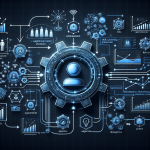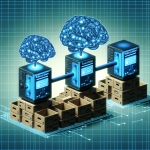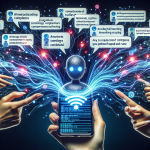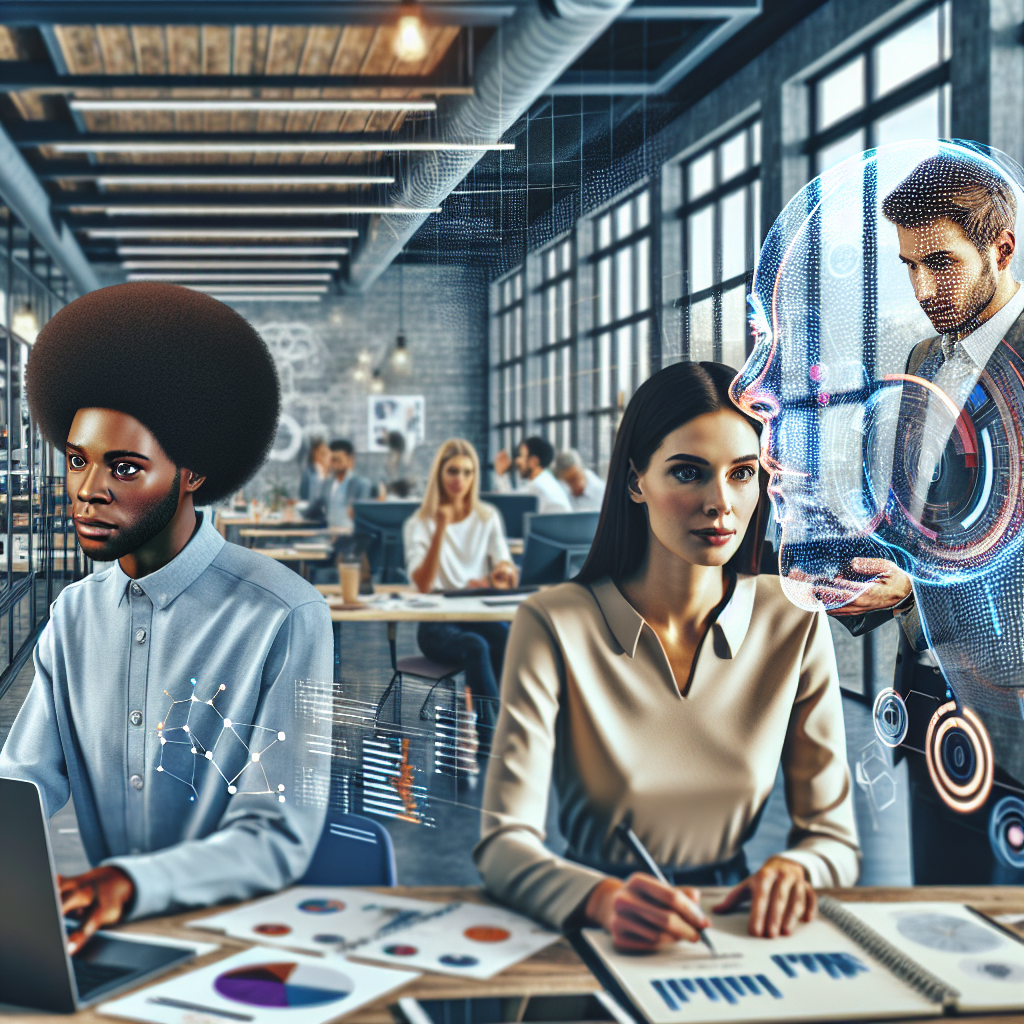Introduction
Artificial Intelligence (AI) is redefining nearly every industry, and marketing is no exception. As AI tools become increasingly sophisticated, marketing departments are undergoing transformative changes. From automating routine tasks to delivering personalized customer experiences at scale, AI is not only enhancing marketing strategies but also reshaping job roles within the field.
The Rise of Automation in Marketing
AI-powered automation tools are streamlining many marketing functions that were once labor-intensive. Tasks such as email marketing, social media scheduling, ad optimization, and lead scoring are now largely automated using machine learning algorithms. This shift allows marketers to focus on strategy and creativity rather than manual execution.
Impact on Entry-Level Positions
Entry-level marketers traditionally handled repetitive tasks like data collection, social media posting, and basic reporting. With automation handling these responsibilities, the nature of entry-level roles is evolving. New marketers are now expected to understand AI-driven tools and focus more on data interpretation, content strategy, and customer experience design.
Emergence of Hybrid Roles
AI has led to the formation of hybrid marketing roles that combine technical expertise with creative thinking. Positions such as Marketing Data Analysts, Customer Experience Strategists, and AI Integration Specialists have become more common.
Marketing Data Analysts
These professionals leverage AI to derive insights from massive datasets. By analyzing customer behavior, campaign performance, and market trends, they inform strategy and help create more targeted campaigns. Proficiency in tools like Google Analytics, Tableau, and AI platforms is increasingly essential.
AI Content Strategists
AI can now assist in content creation by generating ideas, writing ad copy, and optimizing for SEO. Content strategists must now marry human creativity with AI efficiency. They oversee human-AI collaboration to maintain brand authenticity while increasing output and relevance.
Importance of Upskilling
With AI altering job responsibilities, continuous learning is critical for marketers who want to stay competitive. Skills in data analytics, AI tool management, SaaS platforms, and coding (such as Python or SQL) are becoming more valuable across all levels of marketing departments.
Adaptability as a Core Competency
Today’s marketing professionals must be adaptable, as the tools and platforms they use are constantly evolving. Embracing a mindset of lifelong learning and technological curiosity is essential for long-term career development.
Leadership and Strategic Thinking
As AI takes over tactical and operational tasks, human marketing leaders are increasingly focused on strategy, innovation, and ethical considerations. They must guide how AI is used within their organizations, ensuring it aligns with brand values and enhances—not replaces—the human touch.
Conclusion
AI is undeniably shaping the future of marketing job roles by automating routine tasks, creating hybrid positions, and elevating the need for strategic thinking. Marketing professionals must adapt by acquiring new skills, embracing technology, and focusing on high-value activities where human creativity and ethical judgment are irreplaceable.






